Review: Mercedes CLK II ( 2003 – 2010 )

Like many things in life, the first time won’t turn out exactly how you wanted it to. Just like my childhood dream was to make love to a woman. And it worked out for me. Almost. Mercedes CLK II.
I say that because the first CLK was one of the worst cars in Mercedes recent history, in terms of quality and reliability. Engineered by the marketing department because cars made by engineers broke down far too rarely in order to require replacing with a newer model, the first CLK was a car that rusted before it was assembled. Like Quick Mafs, the first CLK wanted to prove itself, made some noise and then disappeared into anonymity.
But then Mercedes saw that if you make cars a joke, customers will start treating them like a joke. And look how they kicked themselves in the teeth and Mercedes started losing sales. And after a period spent in the ER, Mercedes came back and started fixing things, and the Mercedes CLK II was one of the best demonstrations.
We still have the C Class W203 platform underneath, but the suspension is new, the engines are new, the paint is new, there’s no rust, and we’ve got a couple of diesels. And these fit in very well with the Mercedes CLK II’s cruising character because it’s as agile as Graham Norton, but it’s as charming and relaxing as his voice. Or you can have one of the most deranged cars from 2008-2010, when the glorious 6.2 V8 was wreaking havoc in the form of the C63 AMG, E63 AMG, ML63 AMG and even the CLK63 AMG. Black Series.
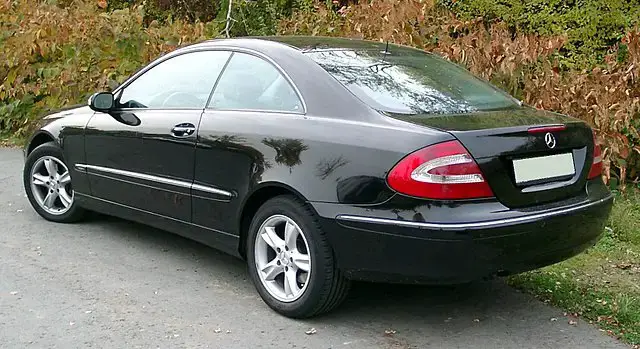
Mercedes CLK II Engines
Petrol
- 1.8 Turbo of 163 horsepower – The smallest engine in the Mercedes CLK II and one of the most popular. The famous 1.8 Kompressor M271 is also notorious for timing chain issues but if you have minimal interest in car maintenance it can be quite ok.
- 2.6 V6 of 168 horsepower – By far the most reliable engine fitted to the Mercedes CLK II, this 2.6 V6 actually sits under the CLK240 name and is on the tax borderline between the 2000 and 2599 cc categories. It’s not the fastest engine, it’s not the most powerful, it’s not the most efficient, but it’s damn reliable. And it needs 400 litres of oil at every change. And it sounds even better than VW’s V5.
- 3.0 V6 of 228 horsepower – That’s where the fun of the hated M272 begins. I’m going to ask you to memorise the M272 codename.
- 3.2 V6 of 215 horsepower – The old, ancient M112 that was fitted to the first CLK, as well as the W220 S Class, this engine, is a living monument to the reliability, but it’s marginally faster than the 2.6 but costs 400 times more in tax. Pass.
- 3.5 V6 of 278 horsepower – The same M272 that gave total damage wherever it was fitted, especially on the CLS because that’s where you usually find it.
- 5.0 V8 of 302 horsepower – We get to responsible engines and an M113-powered CLK500 is a fabulous car, even if this engine is more suited for the bigger cousin – the Mercedes SL.
- 5.4 V8 of 362 horsepower – The same legendary M113 down to 5.4 and surprisingly reliable. Legend and reality say you can do over 700,000 km with the original engine if you maintain it properly.
- 5.5 V8 of 382 horsepower – Same M272 not worth buying and with that I recommend you go for the 5.4 V8 version.
- 6.2 V8 of 475 and 500 horsepower – Do reliability and maintenance costs still matter with the M156 6.2 V8? My thought exactly.
Diesel
- 2.2 CDI of 148 horsepower – Commonly found on the Sprinter, C Class and just about every car in the Mercedes group, this village bike was one of the most durable bikes ever built.
- 2.7 CDI of 168 horsepower – Only the 5-cylinder version was even better and showed its muscles under the hood of the Sprinter or ML, being a long-stroke engine that could carry you a minimum of 30 passengers or 2 car platforms, so your luggage wouldn’t strain the car at all.
- 3.0 V6 of 221 horsepower – Really rare sight on the Mercedes CLK II. And why would you buy one anyway? At any rate, this engine has the same “black death” issue and demands it’s oil cooler gasket to be replaced. Which sits deep in between the V.
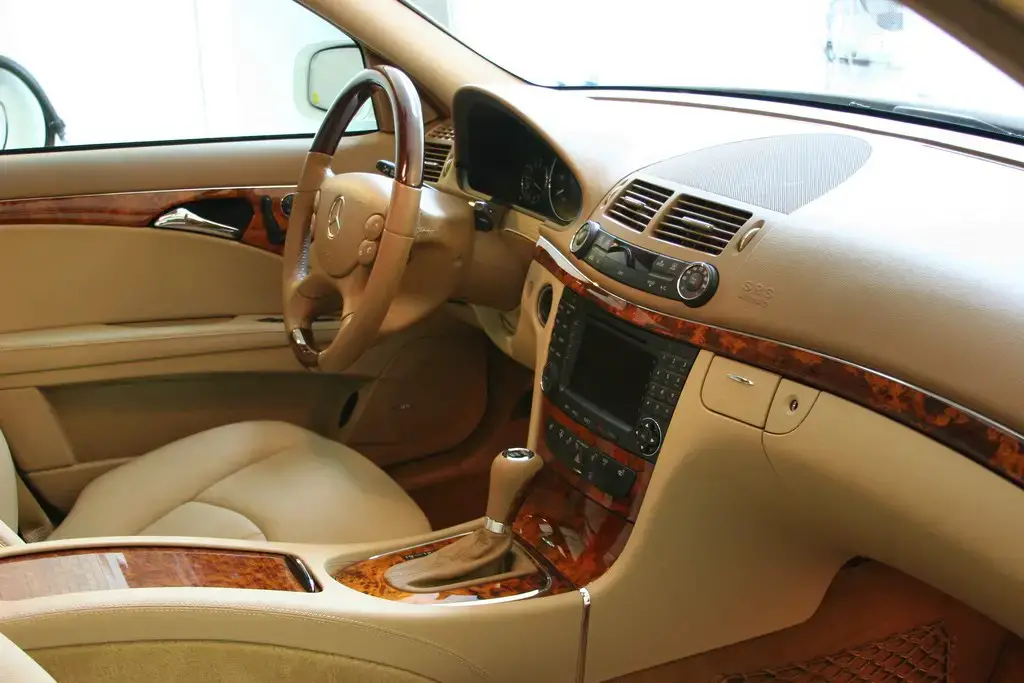
Mercedes CLK II General Issues
- The Cabrio mechanism needs to be checked if it works because it is quite complex and can have issues with the motor.
- The windows don’t have pillars because the Mercedes CLK II went this old-fashioned route, and that unfortunately means you have to check if the windows go down and up properly because you don’t just have an motor like in a normal car door, you have a complex mechanism.
- I’ve been talking about the M272 engine and why it’s as good as Chris Pontius’ ideas and now I can elaborate. The M272 and M273 engines have the famous rocker shaft issue and when it wears out and needs to be changed you’ll be singing “Always look at the bright side of life!” when you read the invoice. The issue is only solved with the M276 generation but the Mercedes CLK II had already been retired for a few years when it appeared.
- The automatic transmissions are 5G Tronic and 7G Tronic. The 5G Tronic is old, ancient, and slow but fairly reliable, whereas the 7G Tronic is the opposite. And here we are, like medieval peasants arguing for 5G in 2021 when Mercedes had it since the 2000s.
- Diesel engines don’t escape either because they are haunted by the “black plague” just like I am haunted by the voices of psychiatrists. Gaskets and injector seats are notorious nuisances, but gaskets in particular are responsible for sudden engine death. This happens especially if you forget to change them and if you constantly drive around town.
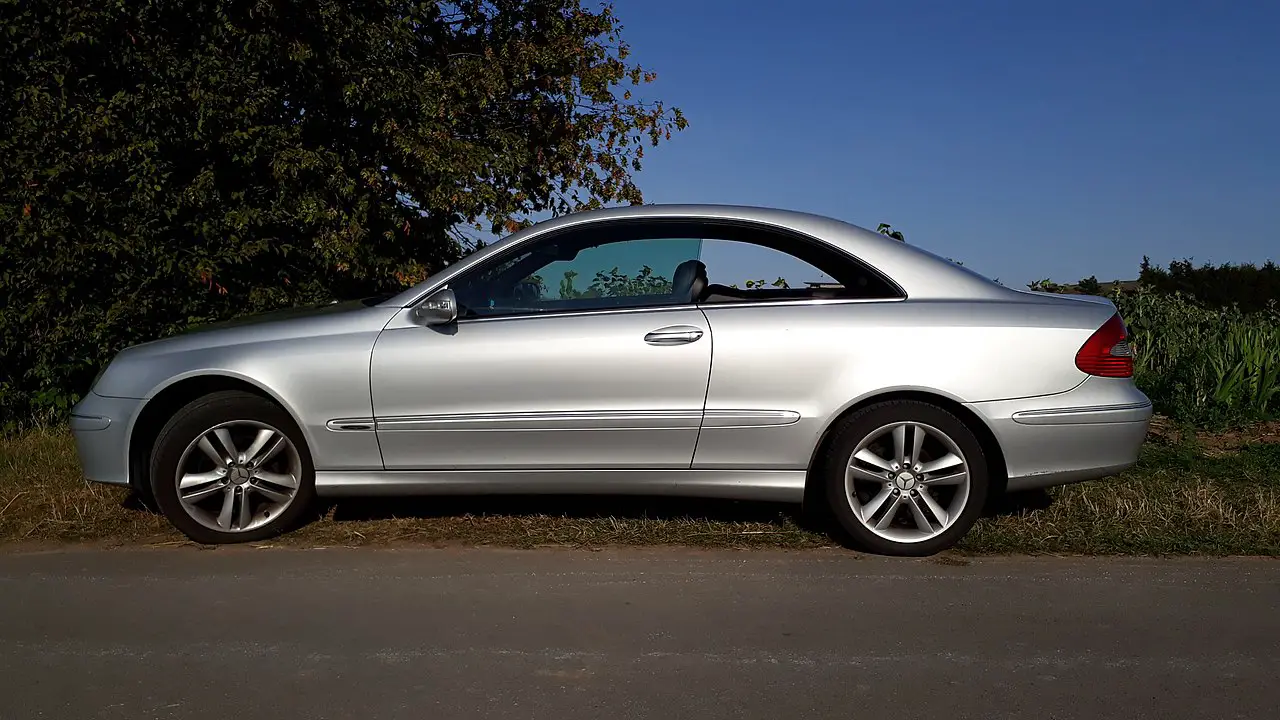
Mercedes CLK II verdict
It’s a mature car and remains very fresh even today. An evolution of the first CLK, the Mercedes CLK II laid the foundations for what was to become the E Class Coupe and remains a very capable Grand Touring car even today. If you want to travel in luxury and comfort for thousands of miles without feeling even a hint of fatigue, the Mercedes CLK II is that kind of car. And it’s one of my favourite cars, with all its issues.
What engines do you recommend? For petrol, I recommend either the 168 horsepower 2.6 V6 or the 215 horsepower 3.2 V6. But it feels best on the long haul on the highway, on a trip from Sofia to Lisbon. And for that, you need the 168 horsepower 2.7 5-cylinder diesel.
Similar Articles
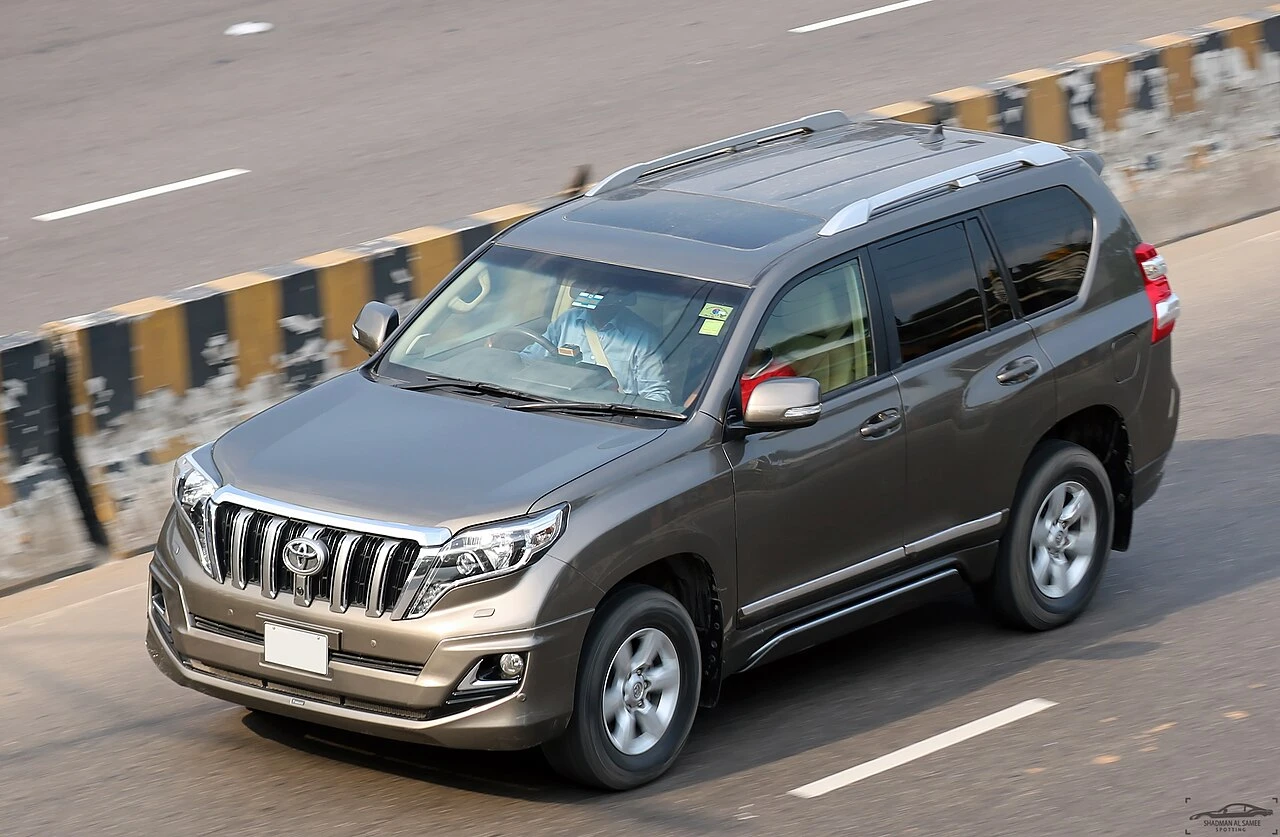
Review : Toyota Land Cruiser J150 ( 2009 - 2023 )
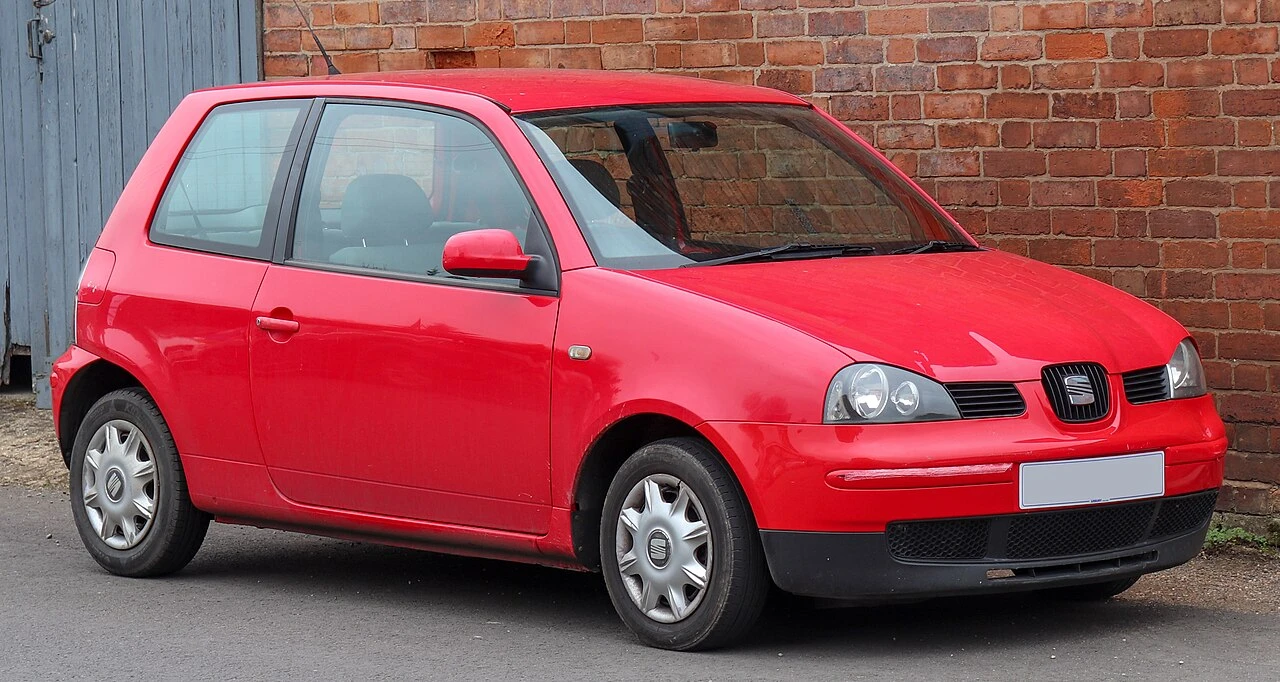
Review : Seat Arosa ( 1997 - 2004 )
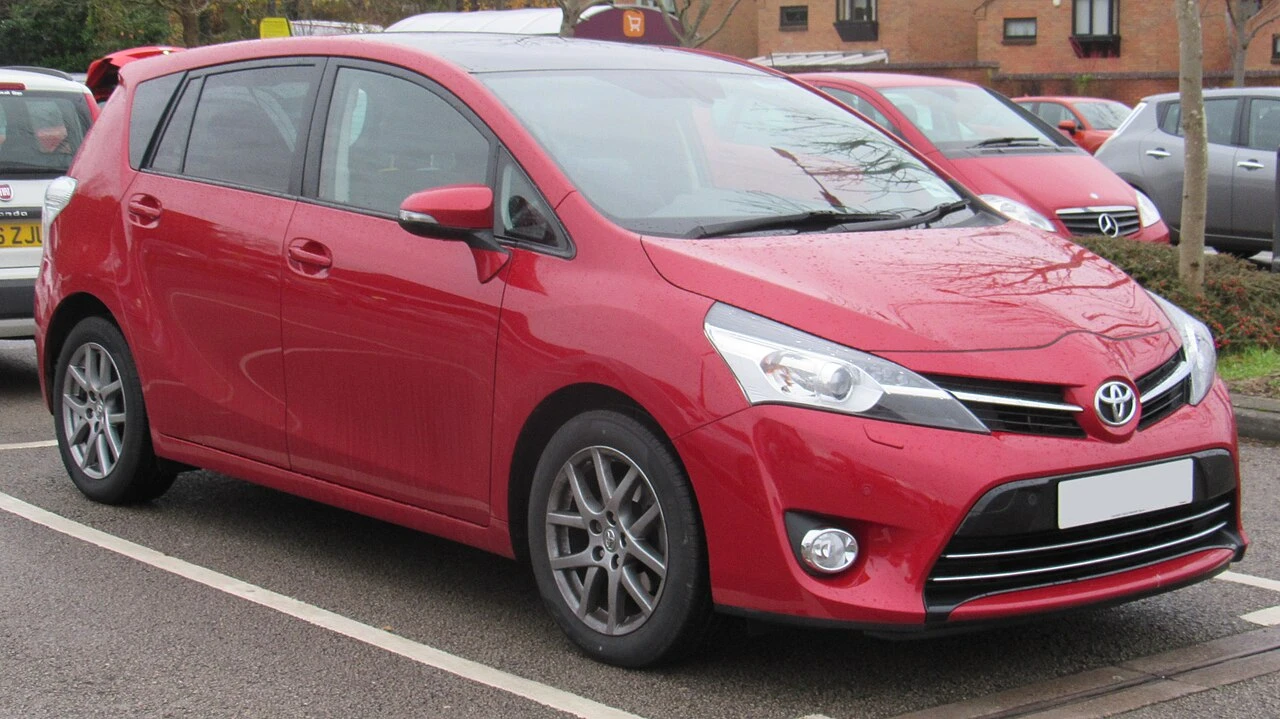
Review : Toyota Verso AR20 ( 2009 – 2013 )
Write an answer
- Review : Toyota Land Cruiser J150 ( 2009 - 2023 ) 15 December 2025
- Review : Seat Arosa ( 1997 - 2004 ) 01 October 2025
- Review : Toyota Verso AR20 ( 2009 – 2013 ) 10 November 2025
- SCSC la SBVBSVSSBSB
- Malik la “For food lovers, UKMenuAll is a must-visit websit...
- Gargas la As a Citigo owner, I can say the following: – for...
- December 2025
- November 2025
- October 2025
- August 2025
- July 2025
- April 2025
- March 2025
- February 2025
- January 2025
- December 2024
- November 2024
- October 2024
- August 2024
- July 2024
- June 2024
- May 2024
- April 2024
- March 2024
- February 2024
- January 2024
- December 2023
- November 2023
- October 2023
- September 2023
- August 2023
- July 2023
- June 2023
- May 2023
- April 2023
- March 2023
- February 2023
- January 2023
- December 2022
- November 2022
- October 2022
- September 2022
- August 2022
- July 2022
- June 2022
- May 2022
- March 2022
- April 2021
- January 2021
- December 2020
- November 2020
- October 2020
- September 2020
- August 2020
- July 2020
- March 2020